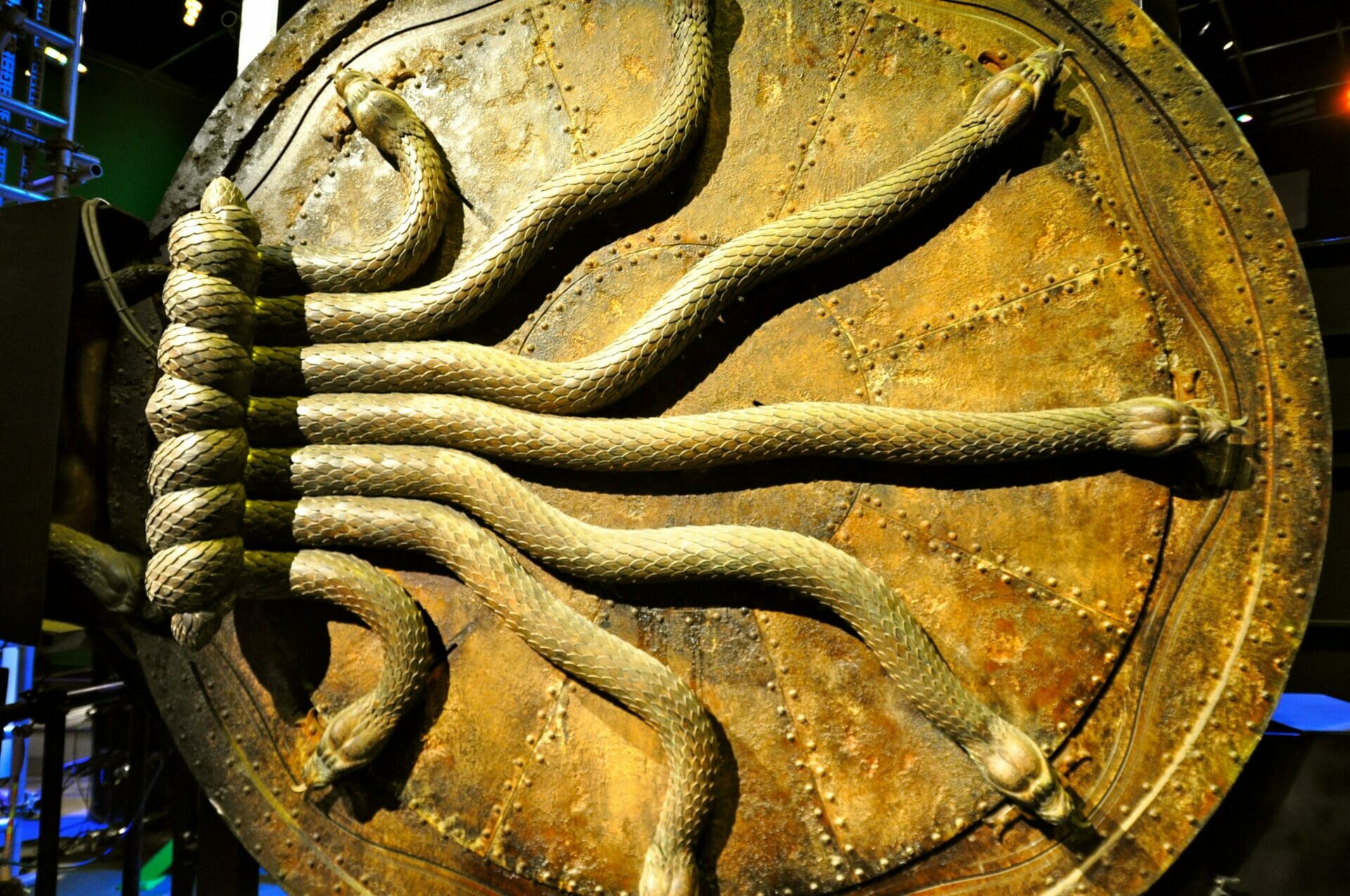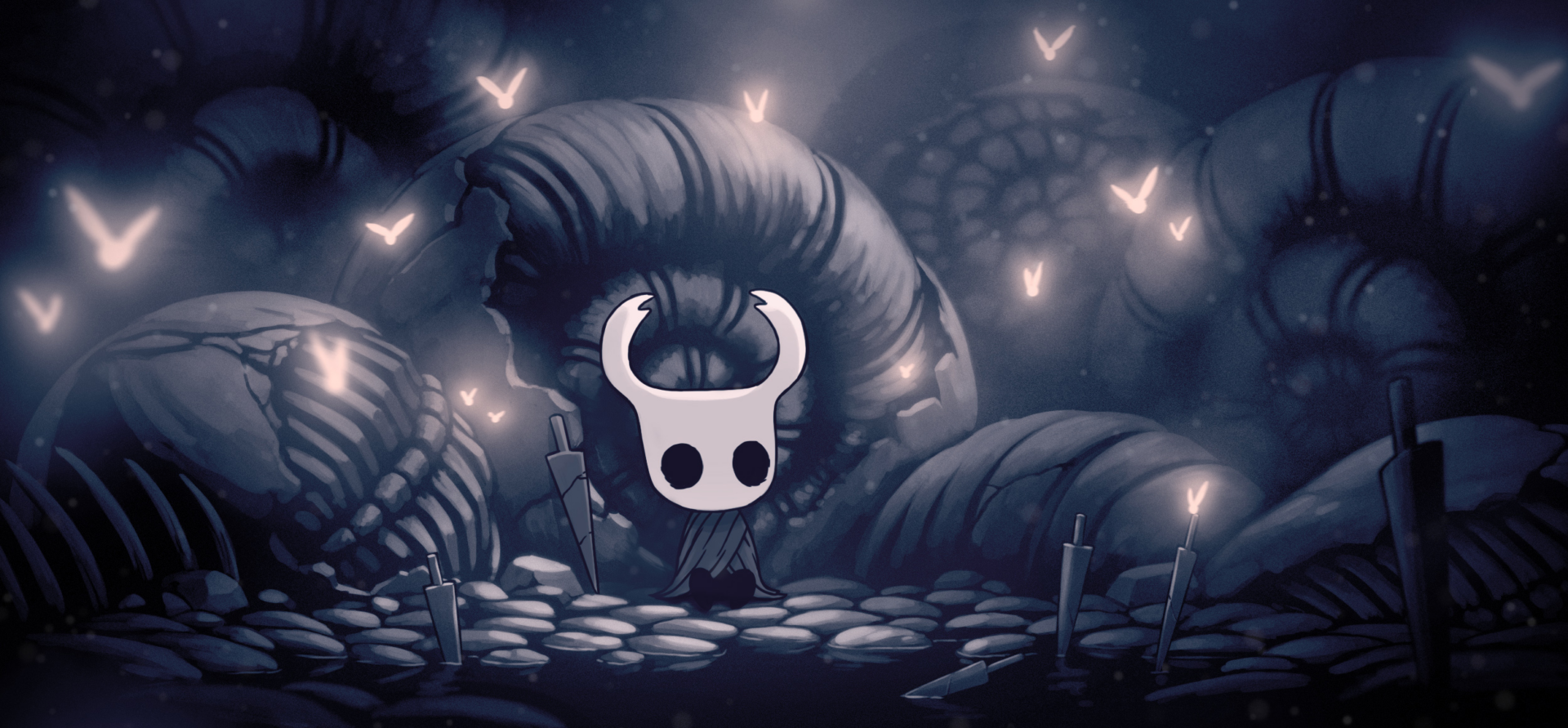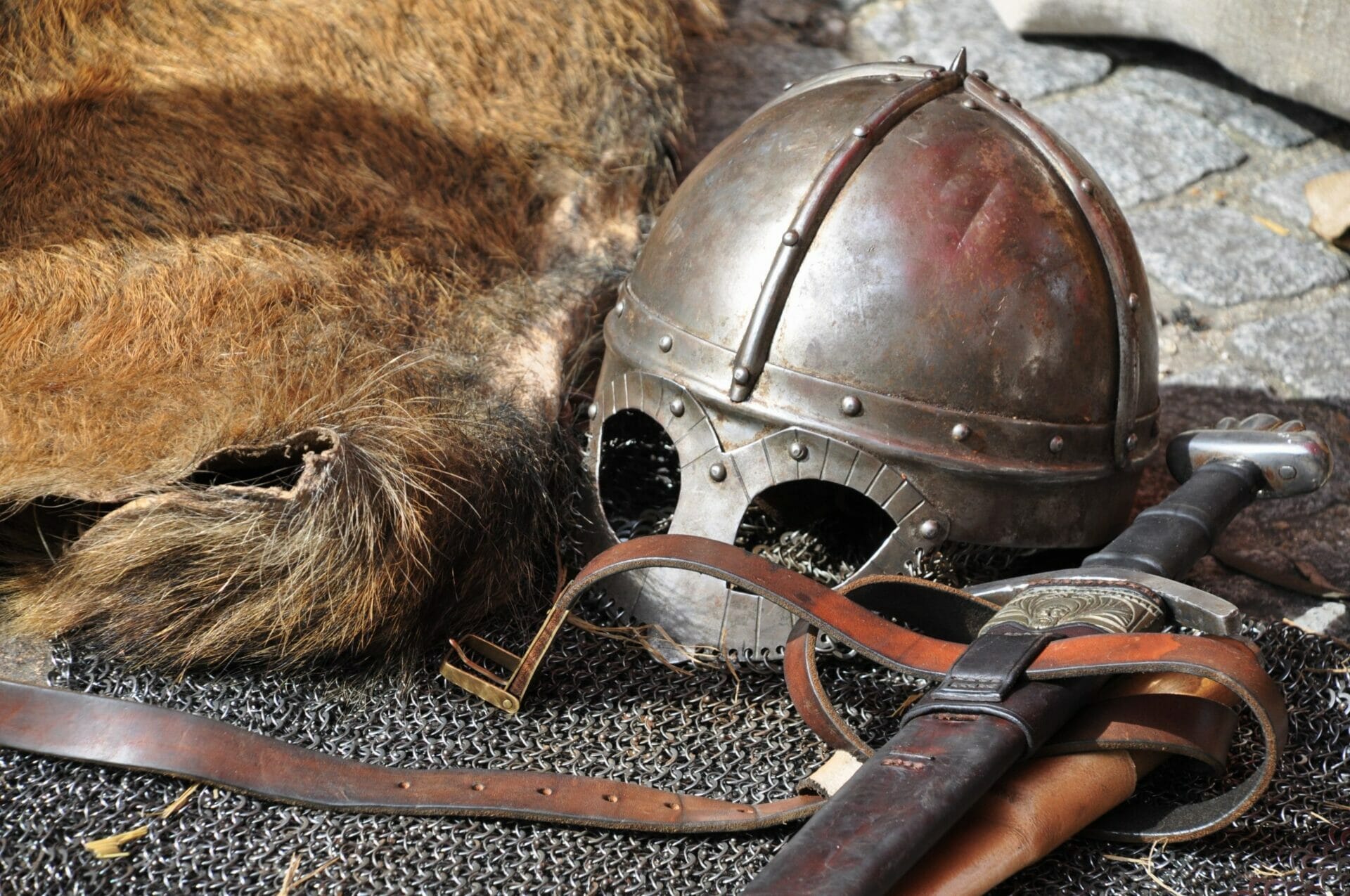
Harry Potter and the Chamber of Secrets | Choose who you want to be
Author
Format
Length
Harry feels entrapped during the summer he has to spend at the Dursley’s. They can’t tolerate any magic and lock him in his room. Suddenly, a strange creature makes his entrance: his name is Dobby and he is a house-elf. He materialized in Harry’s room to warn him not to return to Hogwarts this year, or his life will be in danger.
So begins Harry Potter and the Chamber of Secrets, the second book in J. K. Rowling‘s young wizard adventures, published by Bloomsbury in 1998, just one year after Harry Potter and the Philosopher’s Stone. The same editor spread in 2016 an edition illustrated by Jim Kay. In 2002 Chris Columbus directed the second adaptation movie.
“Enemies of the heir… beware!”
Harry manages to escape the Dursleys with the help of his friend Ron and the Weasley twins, George and Fred. After many setbacks and adventures on Mr. Weasley’s flying Ford Anglia, Harry returns to Hogwarts, ignoring Dobby’s warning. Yet, the School of Witchcraft is no longer a safe place. Weird things happen and Harry hears a disturbing voice nobody else can notice.
Hearing voices no one else can hear isn’t a good sign, even in the wizarding world.
One day in a corridor a bloody piece of writing appears: “The Chamber of Secrets has been opened. Enemies of the heir… beware”.
Some students are the victims of strange attacks. They have one thing in common: the Muggle family origins. Harry, Ron and Hermione decide to investigate those incidents. They find a magic diary labeled Tom Riddle, and its mysterious words reveal an unknown past and lead them to follow a dangerous lead.
During a defensive dueling class, Harry discovers by chance he speaks Parseltongue, the snakes’ language. This ability generally belongs to dark wizards: so, he starts wondering about how much evil there’s in him. He asks himself if the Sorting Hat was right when, at the beginning of his first year, it affirmed Harry should be a Slytherin. Challenge after challenge, Harry will face again the evil and will wonder about who he really is.
It is our choices, Harry, that show what we truly are, far more than our abilities.
Pure-blood obsessions and lowly creatures
Rowling took deep inspiration from the Nazi ideology of a pure, superior race, to create the characters of Salazar Slytherin, one of Hogwarts’ funders, and above all Lord Voldemort and his Death Eaters army.
Harry discovers that some wizards born into magic families feel superior to Muggle-borns like Hermione. They, such as Draco Malfoy and his father Lucius, refer to themselves as pure-blood and call the others with disdain Mud-blood. Slytherin desired only pure-blood students to attend the school. While the other funders, Godric Gryffindor, Helga Hufflepuff, and Rowena Ravenclaw, wanted Hogwarts to be open for everyone.
Magic society appears stratified. The lowest level is represented by house-elves, servants by rich families, like Dobby. House-elves are born as slaves: they’re the property of their family and can’t own any personal belongings. Furthermore, they have no rights and must punish themselves violently if they do something against their family. They can be free only if their master gives them some clothes. Since they are accustomed to slavery, some of them consider freedom a disgrace.
House-elves are somehow accepted in society because of their usefulness, though. Some magic creatures belong to not-so-lucky low social castes. They are not only considered inferior but also abhorred and avoided. It is the case of Moaning Myrtle, a ghost girl living in the bathroom, accused of bringing bad luck. Her only fault is being sad: when Harry, Ron and Hermione look for a quiet place to implement their plan, she turns out to be an ally. The same problem afflicts the Acromantula Aragog, a giant spider. He was unfairly accused of aggression years before for his terrifying appearance and, as his owner, Hagrid had to leave Hogwarts. Society considers those creatures’ traits intolerable: they have to live in the shadow, where none can see them.
The power of the words
After Professor Quirrel’s departure, the praised Lockhart takes the role of Defense Against the Dark Arts teacher. Lockhart is a famous wizard, hero of many adventures and battles: none has ever seen his epic deeds, but everybody knows them thanks to the book written by Lockhart himself. Despite this, some Hogwarts professors doubt his real skills.
In a world ruled by magic, not only spells but also stories and the way they are told have great significance. Both Lockhart and Tom Riddle, namely Lord Voldemort before he received that epithet, created their own success by building the legend about who they were: their words were so powerful that they allowed them to find more and more followers. In the case of Lockhart, that contributed only to make him full of himself, despite having no real ability. Riddle’s stories manipulate reality and helped him create his personal army, the Death Eaters.
Collecting his young memories, Riddle’s diary is a strong element of the novel and will lead characters such as Harry and Ron’s younger sister Ginny, to believe in his story and act accordingly. Only in the following books of the saga, readers will discover that the diary is not just an enchanted book. It’s one of the Horcrux, a cursed object, in which Lord Voldemort has kept a part of his soul.
The Medieval influence and the nominative determinism
Many details in Harry Potter and the Chamber of Secrets refer to English legends and in particular the Arthurian romance. Merlino, for example, was a famous Hogwarts student. In his memory was created the Order of Merlin, an eminent organization whose First Class symbol is a green ribbon, representing Merlin as belonging to Slytherin house. From the father Arthur, to his children Percy (Percival) and Ginny (Geneva), Weasley’s names recall the legendary king.
Harry himself is similar to King Arthur: both are predestined from birth to save many lives through their decisions. And both have as a mentor a powerful wizard who decides to hide them until the moment they will be ready to accomplish their destiny. Last but not least, Gryffindor’s sword reveals to Harry when he is in danger, exactly as Excalibur does for King Arthur.
As in other works, such as The Catcher in the Rye, whose characters’ names outline the psychology and particular aspects of the characters, in Harry Potter saga many names reflect a trait or appearance. It happens with Severus Snape, strict and cold head of Slytherin house; Minerva McGonagall, whose name reflects her severity; and Albus Dumbledore, whose name carries along an aura of wisdom with it. Even his phoenix, Fawkes, doesn’t have a random name: since she periodically explodes, she owes her name to Guy Fawkes. Each school’s house has colors, an animal, and a trait representing its students’ personality.
Harry Potter and the Chamber of Secrets renews the promise of a shelter for whoever needs one.
You will also find that help will always be given at Hogwarts to those who ask for it.
Albus Dumbledore
Tag
Buy a ☕ for Hypercritic









